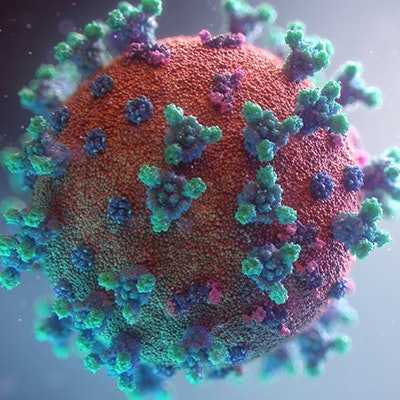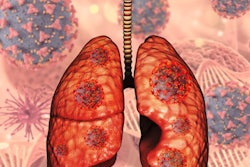
The incidence of breast, colorectal, and lung cancer will likely rise due to screening delays caused by COVID-19, according to a study published May 25 in the Journal of the American College of Surgeons.
These cancers are now liable to be diagnosed at later stages as well, which will burden the healthcare system, noted senior author Dr. Teviah Sachs, chief of surgical oncology at Boston Medical Center in Massachusetts.
"These are all cancers that have very profound incidences in our patient population across the U.S.," Sachs said in a statement released by the journal. "They are much better managed and often curable when found early, and devasting when caught late."
The COVID-19 crisis disrupted healthcare services, including cancer screenings, the authors noted. But how this disruption may have affected cancer incidence has not been explored.
"The reported incidence of screenable cancers significantly decreased during the COVID-19 pandemic (2020), suggesting that many patients currently harbor undiagnosed cancers," the group wrote. "In addition to human toll, this will further burden the healthcare system and increase future healthcare costs."
Lead author Dr. Kelsey Romatoski, also of Boston Medical Center, and colleagues developed and used a predictive statistical model to assess missed diagnoses of breast, colorectal, and lung cancers though comparing pre-pandemic cancer rates (2010 to 2019) to 2020 cancer rates. The group used data from the National Cancer Database and from the U.S. Census, including information from 2.2 million breast cancers, 1.1 million colorectal cancers, and 1.7 million lung cancers.
The investigators found the following:
- Breast cancer observed incidence decreased by 14.6%.
- Colorectal cancer observed incidence decreased by 18.6%.
- Lung cancer observed incidence decreased by 18.1%.
Of even more concern, these missed screenings -- and ensuing delayed diagnoses -- disproportionately affect certain patient groups such as non-white and Hispanic patients and those treated in the northeastern and western parts of the U.S., the authors noted.
"The incidence for all these cancers decreased, but there's no reason to believe that cancer incidence dropped during the pandemic in 2020," Romatoski said. "These missed diagnoses are likely going to lead to delays in treatment and upstaging of disease in the coming years."
To mitigate the negative effects of missed screenings, primary care providers should encourage their patients to reengage with screening protocols, Sachs urged.
"[Our data are] an important reminder for practitioners to encourage patients who have delayed their recommended cancer screenings to get screened now," she said. "And we encourage patients to ask their primary care physician about recommended cancer screenings. It's imperative that screenings put off due to the pandemic aren't delayed any longer."





















